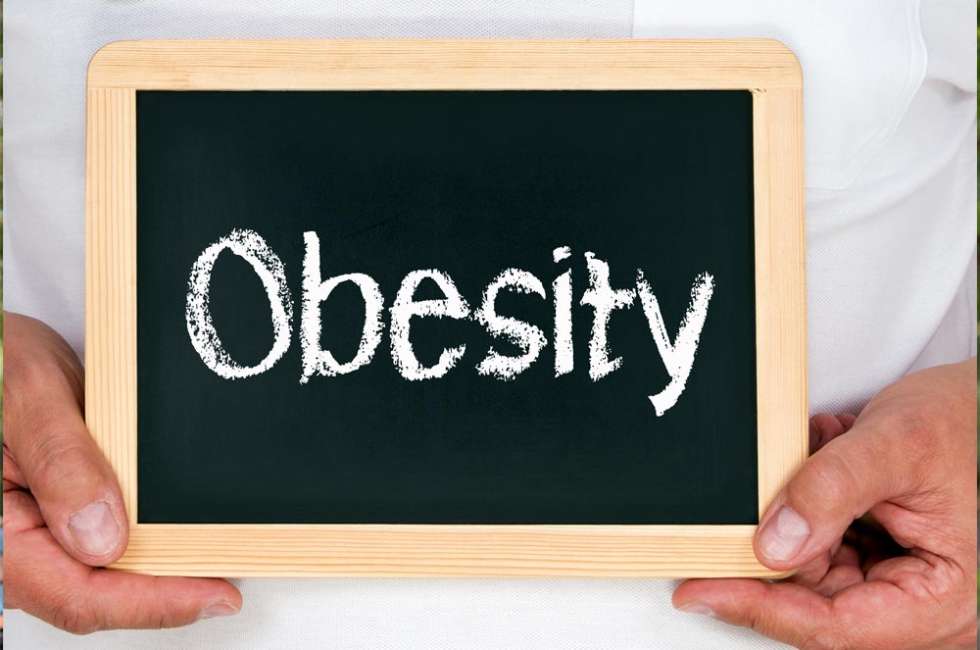I hope you enjoyed the last article on Introduction to Obesity.In this article let me explain to you in detail about the causes and effects of obesity.
What are the causes of obesity?
Obesity is generally caused by consuming more calories, particularly those in fatty and sugary foods, than you burn off through physical activity. The excess energy is stored by the body as fat.
In simple logic it is generally caused by eating too much and moving too little. However our weight does not only depend on this equation. There are other factors which contribute to your weight.
The average physically active man needs about 2,500 calories a day and the average physically active woman needs about 2,000 calories a day.
If you relate this Calorie value to food, for example, eating a large takeaway burger, fries and a milkshake can total 1,500 calories – and that’s just one meal. These days many people aren’t physically active, so lots of the calories they consume end up being stored in their body as fat.
Obesity doesn’t happen overnight. It develops gradually over time, as a result of poor diet and lifestyle choices, such as:
- eating large amounts of processed or fast food
- drinking too much alcohol – alcohol contains a lot of calories, and people who drink heavily are often overweight.
- eating out a lot – you may be tempted to also have a starter or dessert in a restaurant, and the food can be higher in fat and sugar
- eating larger portions than you need – you may be encouraged to eat too much if your friends or relatives are also eating large portions
- drinking too many sugary drinks – including soft drinks, fruit juice and shakes.
- comfort eating – if you have low self-esteem or feel depressed, you may eat to make yourself feel better.
- unconscious eating -when you eat doing other stuff like watching TV or reading.
- snacking
Unhealthy eating habits tend to run in families. You may learn bad eating habits from your parents when you’re young and continue them into adulthood.
Lack of physical activity
Many people have sedentary jobs that involve very limited mobility. Many of us tend to drive to walk even though we can cycle or walk to work.
Its interesting to note how many of us resort to watch TV, browse the internet or play computer games, for relaxation instead of getting outdoors for a walk or a run.Being in a regional town like Dubbo with lot of opportunity to walk and cycle I am sure we are not doing enough.
If you’re not active enough, you don’t use the energy provided by the food you eat, and the extra energy you consume is stored by the body as fat.
It is generally recommended that we should take part in moderate-intensity aerobic activity, such as cycling or fast walking at least 30 minutes a day , 5 days a week. The modern fitness trackers recommend 10000 steps a day which is endorsed by the US heart foundation.
Like I mentioned before other conditions can contribute to weight .These include:
Medical Conditions
- Underactive thyroid gland (hypothyroidism), Cushing’s syndrome (a rare disorder that causes the over-production of steroid hormones)
- Medications including steroids, anti-epileptics and medications for diabetes ,epilepsy, mental illness including antidepressants and for schizophrenia .
Weight gain can sometimes be a side effect of stopping smoking. Smoking is a harmful habit and there are no medical benefits in smoking. Therefore quitting smoking is very important.
Genetics and Obesity
Some people claim there’s no point trying to lose weight because “it runs in my family” or “it’s in my genes”.
Genetics do contribute to weight regulations. However Obesity in humans is multifactorial , meaning many factors are involved and most are modifiable factors, such as poor eating habits learned during childhood.
What are the other bad effects of obesity on health?
Day-to-day problems related to obesity include:
- Difficulty in initiating and continuing physical activities /mobility issues
- Breathlessness
- Sweating and associated fungal infections.
- Snoring
- Chronic fatigue /often feeling very tired
- Joint and back pain
- Low confidence and self-esteem
- Feeling isolated
The psychological problems associated with being obese can also affect your relationships with family and friends, and may lead to depression.
Being obese can also increase your risk of developing serious medical conditions such as:
- Type 2 diabetes
- High blood pressure
- High cholesterol and atherosclerosis
- Asthma
- Metabolic syndrome (a combination of diabetes, high blood pressure and obesity)
- Several types of cancer, including bowel cancer, breast cancer and womb cancer
Obesity reduces life expectancy by an average of 3 to 10 years, depending on how severe it is.
In my next article I would like to talk to you how to deal with this problem.


